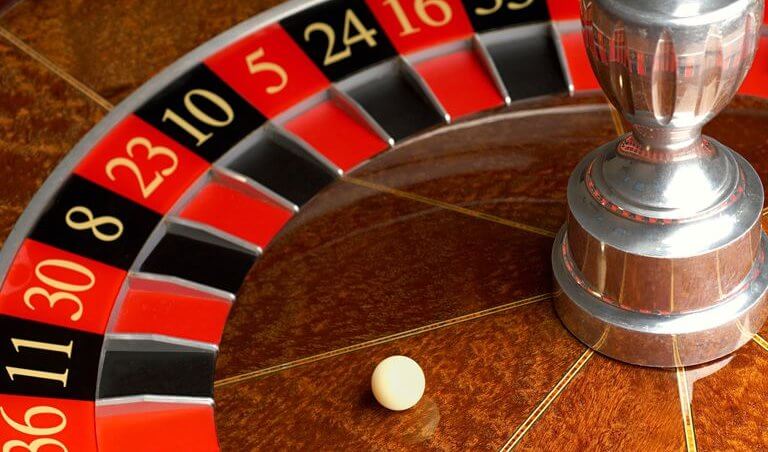Gambling has been around for a very long time. Over the many generations of its existence, there have been certain misconceptions, fallacies, and superstitions about it, that tend to linger on. Some of these erroneous beliefs have only ever been a hindrance to the success of gamblers who believe them, or just an annoyance to casinos, as they have never been based in actual reality or fact.
The Gambler’s Fallacy
This is perhaps both one of the oldest and yet still the most common of fallacies about gambling, in particular when it comes to the factor of “probability”. It is the mistaken belief that if a particular event, be it a win, a loss, or a number, etc, occurs more frequently than normal in the past, it is less likely to occur later on (and vice versa).
This often leads gamblers to believe, for example, that they are “due for a win” after a string of loses. In reality, there is statistically no more probability for a win in their next turn than if the gambler had lost ten or even a hundred more times.
This can lead to very poor decision making and reckless betting, and every gambler should be aware of this basic fallacy and avoid following its faulty logic.
Casino Games Are Rigged
Casinos all over the world are subject to very strict laws and regulations that insure fair play. The machines and games are created to generate completely fair and random outcomes, with plenty of measures in place to prevent cheating on all sides.
What perhaps is often confused with “rigging”, is the “house edge”. This is a pre-determined statistical advantage built into all casino games that gives them a certain “edge” over how often players win or lose over time. It is a well known and universally accepted method employed by casinos though, used to insure they don’t run at a loss. The house edge varies according to the type of game.
Relying on Luck
Luck is very much a very common and universal belief, shared by cultures all over the world, and is often tied with various cultural practices that are deeply embedded in society. While it is easy to label it as mere superstition, there are arguably some practical aspects that contribute to “luck”, such as intuition, skill, and odds, that can affect its outcome as good or bad. In fact, in a manner of speaking, it can be viewed simply as another synonym for “probability”.

However, there are other aspects of traditional “luck” that really do amount to superstition. In reality, lucky charms, not making certain bets, and all the quirky things gamblers do to evoke “good luck”, and avoid the bad, have no real or actual effect on the probability of an outcome.
Rather, a good knowledge of the game, the odds, the house edge, and responsible, strategic betting methods, are the only real proven and reliable ways of insuring wins and avoiding loss.


